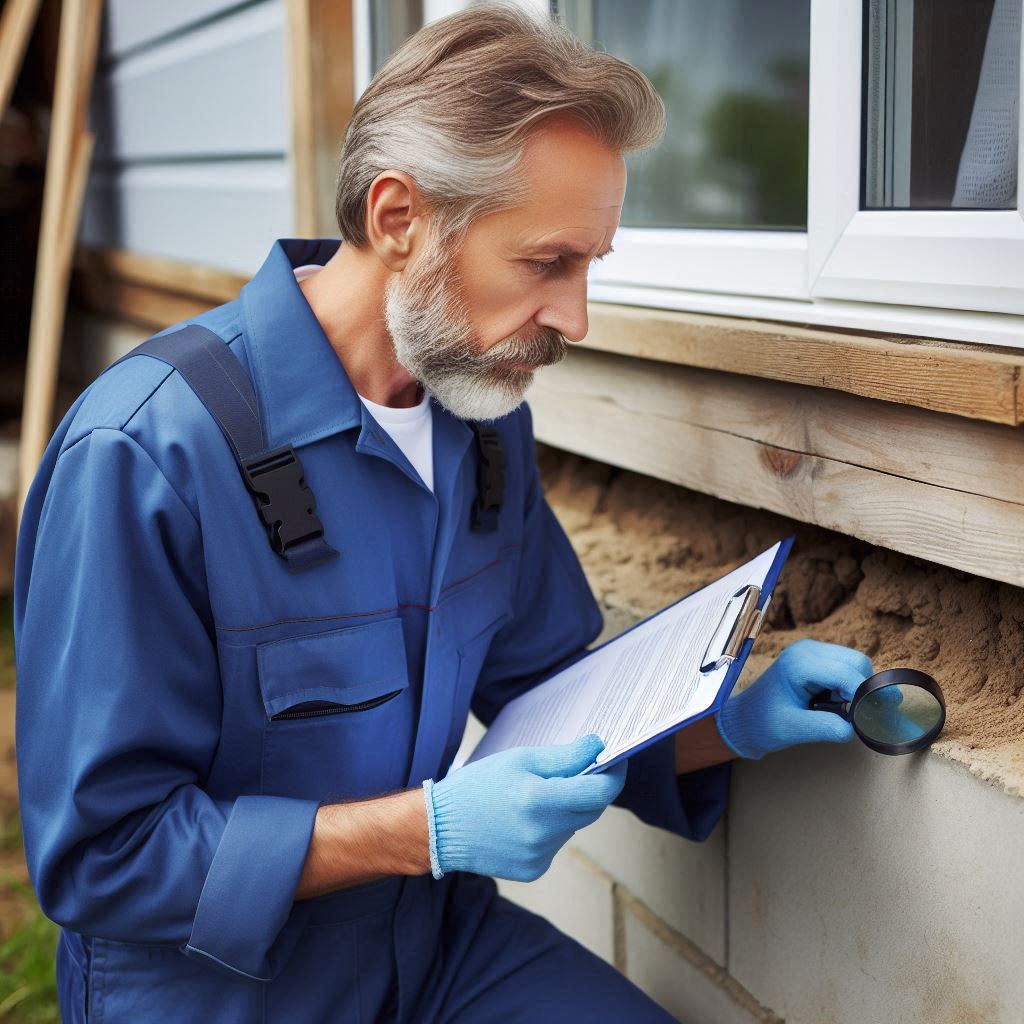When building a home in a rural county without stringent permit requirements, third-party inspections by an engineer become invaluable to ensure the structural integrity, safety, and longevity of the project. While urban areas and cities typically enforce strict building codes and require inspections at multiple stages of construction, rural counties may lack these requirements, placing the responsibility of quality control and compliance on the homeowner and builder. Here’s why third-party inspections are essential in rural areas.

1. Ensuring Structural Integrity and Safety
In rural counties where building codes and required inspections are limited, hiring an independent engineer to conduct inspections throughout the building process is key. These inspections can cover foundational components such as soil quality, structural framing, load-bearing walls, and roofing—all critical for the home’s safety. An engineer can spot structural deficiencies that may otherwise go unnoticed, helping prevent issues like foundation cracks, roof sagging, or uneven walls. This proactive approach ensures that your investment is sound and your home remains safe and stable over time.
2. Addressing Soil and Site-Specific Challenges
Soil composition varies widely, and Texas Hill Country properties, for example, may have expansive clay, rocky soil, or significant slopes. An engineer understands local geological challenges and can assess whether the soil is appropriate for the planned foundation type. Improperly accounted soil conditions can lead to issues like foundation shifting or settling, often requiring costly repairs in the future. Additionally, rural areas may have unique site considerations, such as water drainage and grading needs, which can be properly evaluated by an engineer to prevent flooding or erosion.
3. Meeting Modern Building Standards and Compliance
Even though a rural county may not mandate adherence to modern building standards, it is still wise to follow them for the home’s durability, energy efficiency, and resale value. Engineers familiar with International Residential Code (IRC) and other national standards can ensure that your home meets these requirements. This attention to quality can make a significant difference in the home’s marketability and compliance if local regulations change or if you eventually plan to sell.
4. Preventing Future Liability
Construction defects can be a serious liability issue. In areas with limited or no oversight, homeowners may have limited recourse if defects emerge later. By bringing in an engineer for third-party inspections, you can document compliance and quality at each stage, providing essential evidence in case of a dispute with a builder. Additionally, regular inspections discourage shortcuts that might otherwise be taken, safeguarding your investment and protecting you from potential liability.
5. Long-Term Savings and Maintenance Reduction
Upfront third-party inspections can yield significant savings over the long term. Identifying issues during construction allows you to address them when costs are lower, as opposed to paying for expensive repairs after construction. For example, a minor framing misalignment corrected early could prevent major structural adjustments later on. Similarly, an inspection may reveal areas where additional insulation or waterproofing is recommended, leading to energy savings and lower maintenance costs over time.
6. Peace of Mind
For many people, building a custom home is one of life’s most significant investments. Knowing that an unbiased, trained engineer has assessed every stage of construction offers peace of mind. With the engineer’s stamp of approval, you can feel confident that your home was built to the highest standards, despite the lack of formal permitting requirements.
Final Thoughts
While building in a rural county may offer fewer regulatory hurdles, the importance of quality construction remains paramount. Hiring an engineer for third-party inspections ensures that your home meets essential structural, environmental, and safety standards, protecting both your investment and the well-being of those who live there. It’s a crucial step in building responsibly and can be one of the most important decisions you make during the home-building process.
